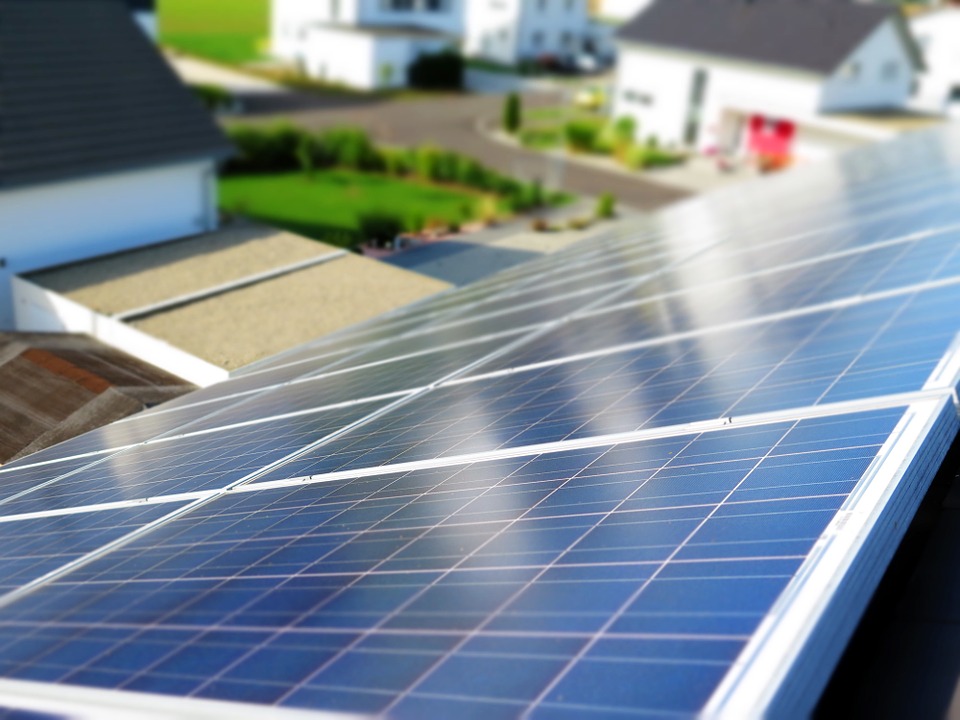
15 Aug The Right Solar Panel Size for Your Home
The solar system size a homeowner has to install in his or her house depends on how much electricity the home consumes, not the size of the house. Two houses of the same size may have differences in the amount of electricity consumed because one might have more electrical appliances and devices, more high-watt lights, or simply more family members consuming more energy.
You can determine the energy requirements of your home by checking past utility bills. Calculate the number of solar panels you will need by multiplying your average hourly electricity by the peak sunlight hours for your area and divide that by the panel wattage. A consultation with a solar engineering firm will also help you determine the number of solar panels your home needs.
On average, a single-family house with a 2,500 sq. ft. floor area consumes about 5,000 kilowatt-hours of electricity in one year. A 3-kilowatt solar system will generate nearly all the home’s electricity requirement in one year. Most solar companies will recommend that a homeowner install a photovoltaic system that is slightly over-sized for possible family growth and the eventual increase in electricity consumption. There is no problem producing electricity in excess of what the home needs because the unused electricity can be fed back into the power grid, which, in our headquarter state of Utah, will credit you back for the amount of electricity you provided them.
The number of solar panels you install will also depend on how much solar energy your location receives from the sun. Your solar panels will be optimally positioned when they are facing the south, with nothing to obstruct the rays of the sun from reaching your solar panels. This means there should be no adjacent tall buildings or trees around your home that will cast shade on your solar panels.
Another factor to consider is the amount of independence you want to have from the power company. If you want complete independence from the power grid, your solar panel system must produce more than enough of your home’s consumption so that you can feed excess power to a battery bank for night time usage. If you’re okay paying the utility company for a much small, as-needed amount of energy, you can have a system that produces less electricity and gets a bit of power from the grid.



